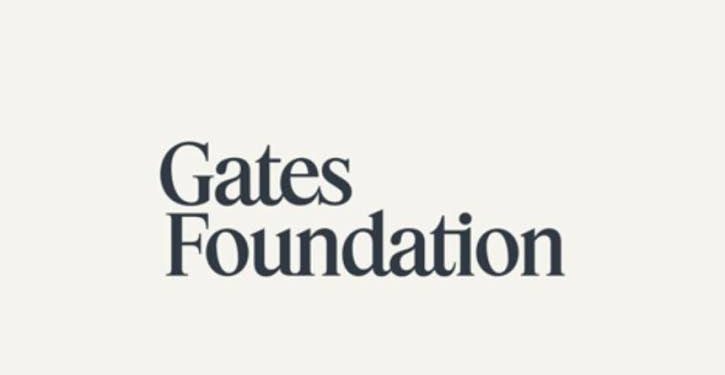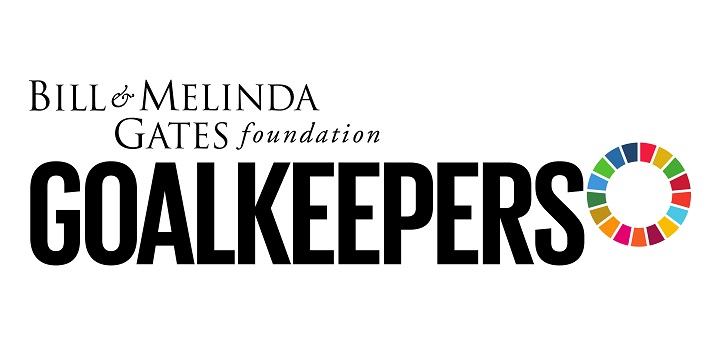The Bill & Melinda Gates Foundation has announced a landmark $2.5 billion commitment to boost research and development (R&D) in women’s health, focusing on historically neglected areas that impact women in low- and middle-income countries. The funding, which will run through 2030, aims to advance over 40 health innovations targeting critical gaps in care across a woman’s life.
The Foundation’s latest initiative comes amid rising concerns over global aid cuts and persistent underinvestment in health issues that disproportionately affect women. According to the Foundation, the new investment will prioritize five core areas: obstetric care, maternal nutrition, gynecological health, contraceptive innovation, and the treatment of sexually transmitted infections (STIs), including HIV prevention.
Dr. Anita Zaidi, president of the Foundation’s Gender Equality Division, said the investment is intended to spark a “new era of women-centered innovation,” addressing conditions that are often misunderstood, misdiagnosed, or ignored. “We want women’s lives, bodies, and voices to be prioritized in health R\&D,” she said.
Despite accounting for half of the global population, women remain chronically underserved in healthcare research. A 2021 analysis by McKinsey & Company revealed that only 1% of global healthcare R&D is dedicated to female-specific conditions outside of cancer. As a result, millions of women continue to suffer from poorly understood conditions like preeclampsia, gestational diabetes, heavy menstrual bleeding, endometriosis, and menopause — issues that remain grossly under-researched and underfunded.
Bill Gates, co-chair of the Foundation, stressed that investing in women’s health is not only a moral imperative but also an economic strategy. “Healthier women mean healthier families and stronger economies. Yet, too many women still die from preventable causes or live in poor health. That must change,” he said.
Beyond innovation, the funding will also support data collection, advocacy, and policy work to ensure that once developed, new products and solutions are widely adopted and accessible. The initiative specifically targets countries where the burden of women’s health conditions is highest and where resources for healthcare innovation are most limited.
Health experts have welcomed the announcement. Dr. Bosede Afolabi, professor of obstetrics and gynecology at the University of Lagos, noted that the effects of underinvestment are visible daily in Nigeria and across Africa. “This commitment brings much-needed attention to the health challenges women face in places where resources are most limited and the burden is highest,” she said. “It reflects a recognition that women’s lives and the innovations that support them must be prioritized everywhere.”
The investment also aligns with broader economic development goals. Research shows that every dollar spent on women’s health yields up to three dollars in economic growth. By closing the gender health gap, the global economy could gain as much as $1 trillion annually by 2040.
This latest funding complements the Gates Foundation’s continued support for childhood immunization, including a renewed $1.6 billion pledge to Gavi, the Vaccine Alliance, to sustain vaccine access in underserved countries.
With this bold move, the Foundation signals a long-term commitment to addressing gender-based disparities in healthcare and ensuring that women in developing regions are not left behind in global health innovation.










